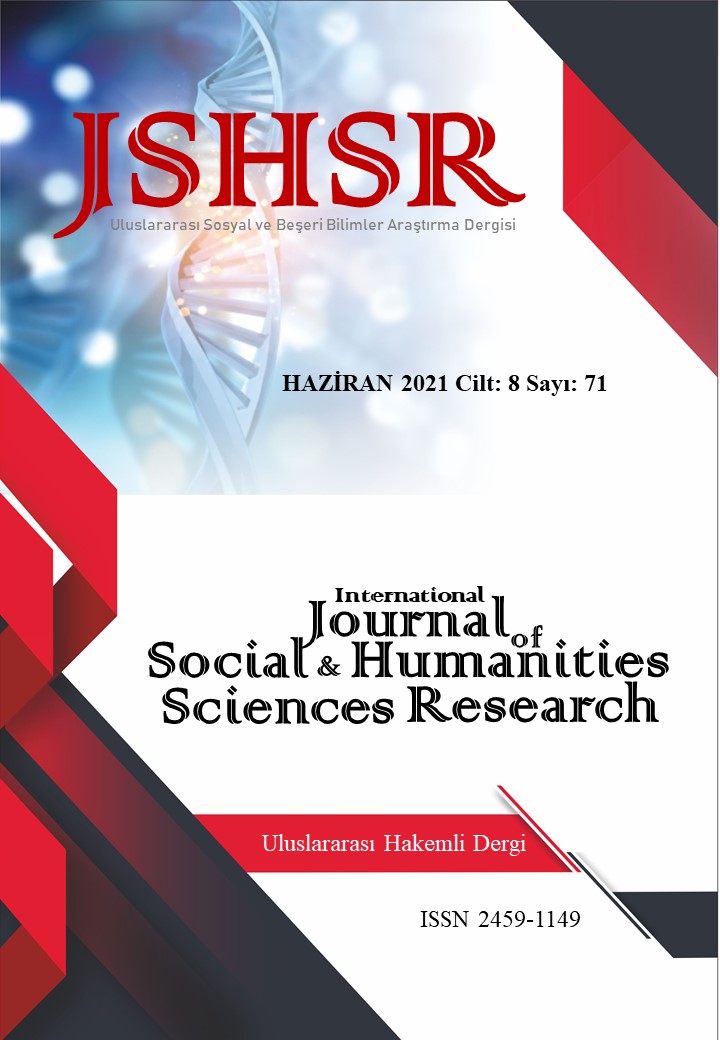BETWEEN GREAT AND SMALL: TURKEY’S STRUGGLE DURING EARLY YEARS OF SECOND WORLD WAR
DOI:
https://doi.org/10.26450/jshsr.2475Anahtar Kelimeler:
Balancing, Middle Power, Turkish Foreign Policy, World War IIÖzet
Is the destiny that the small states would become passive aimed at the great powers on the international stage? Is it possible not to become the meat in the sandwich among political strife of great powers? Or are there states that stand somewhere amid small and great? Turkey's standing during Second World War can be evaluated as a reference for this sort of example. Amid other small-scale states, during the war years, Turkey becomes prominent due to her adept diplomacy depended on balancing policy. This research investigates a week state's existence relied on geopolitical location and diplomatic capability in a fragile, complicated and uncertain equilibrium in terms of military and economic. The study will analyse the diplomatic strife of a non-belligerent state during the war through a theoretical approach benefitting from balancing policy and middle-power context. In order to understand Turkey’s policy during the early years of World War II, this article builds a hypothesis on a non-belligerent policy in the context of threats. Our hypothesis informs why Turkey employed non-belligerent policy even facing some threats, instead of the bandwagon.
İndir
Yayınlanmış
Nasıl Atıf Yapılır
Sayı
Bölüm
Lisans
Telif Hakkı (c) 2021 INTERNATIONAL JOURNAL OF SOCIAL HUMANITIES SCIENCES RESEARCH

Bu çalışma Creative Commons Attribution 4.0 International License ile lisanslanmıştır.


